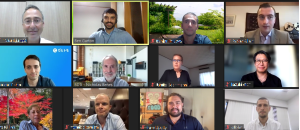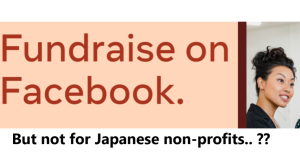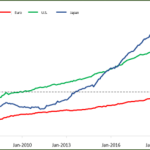On July 27th, BDTI sent this letter to senior persons at Japan’s largest asset managers, asking for a dialogue and cooperation to improve Japanese boards via training, engagement, and data. Right now, we have fruitful dialogues with the many foreign institutional investors who are the source of 99% of donations to BDTI, or purchase our data, but very few dialogues with Japanese large investors. They could probably benefit from what we have learned providing director training to 2,500 persons over the past 11 years, and from what my colleagues and I have learned serving as independent directors for many years…. given that most fund managers have never sat on a board. We sent out letters like this last year, but received no responses. We will let you know what the result is this year; what kind of firms responded (if any) vs. not. (Note: the letter below is a translation from the original Japanese. )
=================================
Mr. /Ms. XXXX
President/Chairman/CIO
XXX Corporation
Dear ______________,
I am Nicholas Benes, Representative Director of the Board of Directors Training Institute (BDTI).
Since its establishment in 2009, BDTI has provided director and pre-director training, and has analyzed data on the status of corporate governance at listed companies, with the aim of improving governance in Japan.
Today, I would like to ask for your help in improving the quality of boards in Japan. This is something which will lead to the greater attractiveness of the Japanese stock market, which is the source of your firm’s profits. I have contacted you because I believe that we are both striving towards this common goal.







